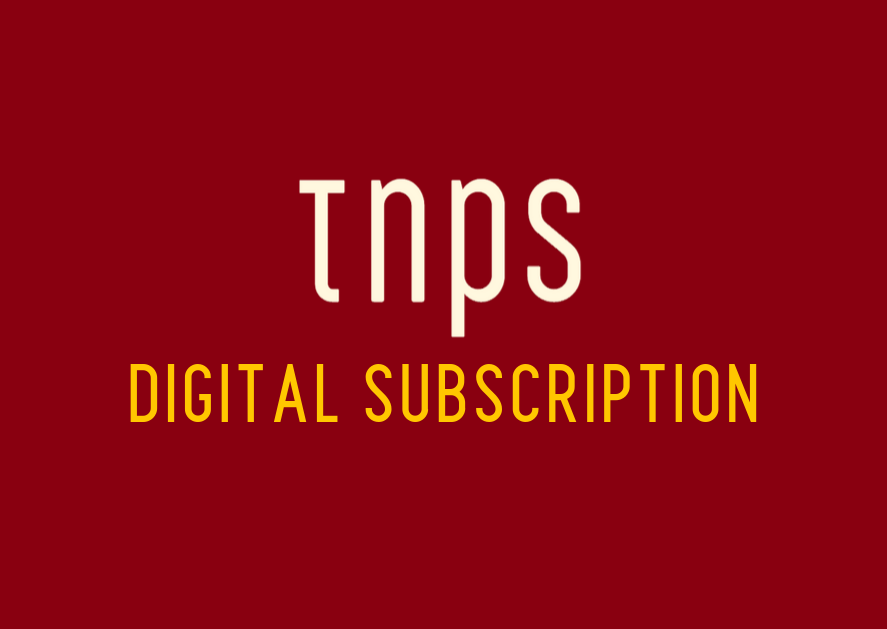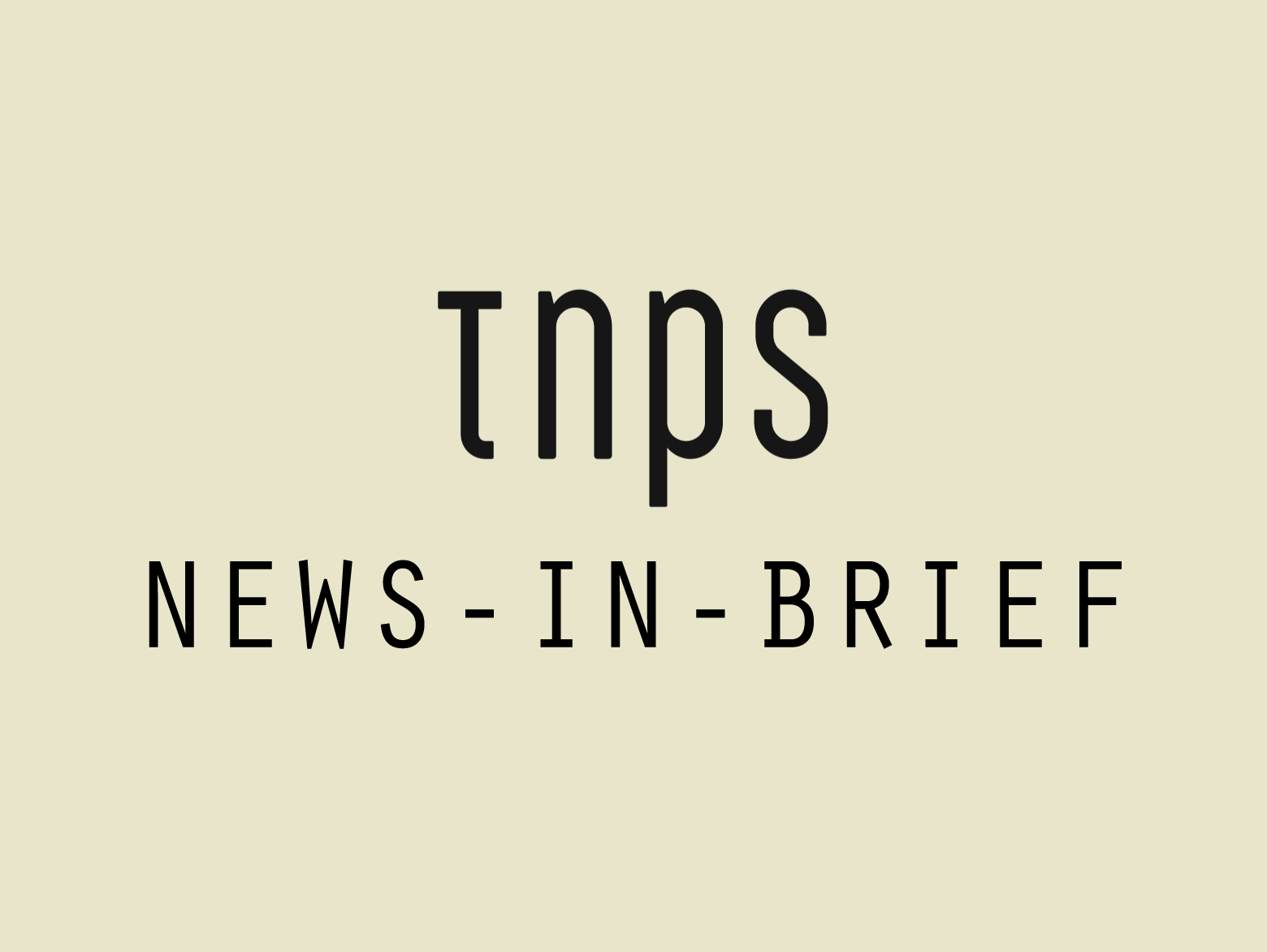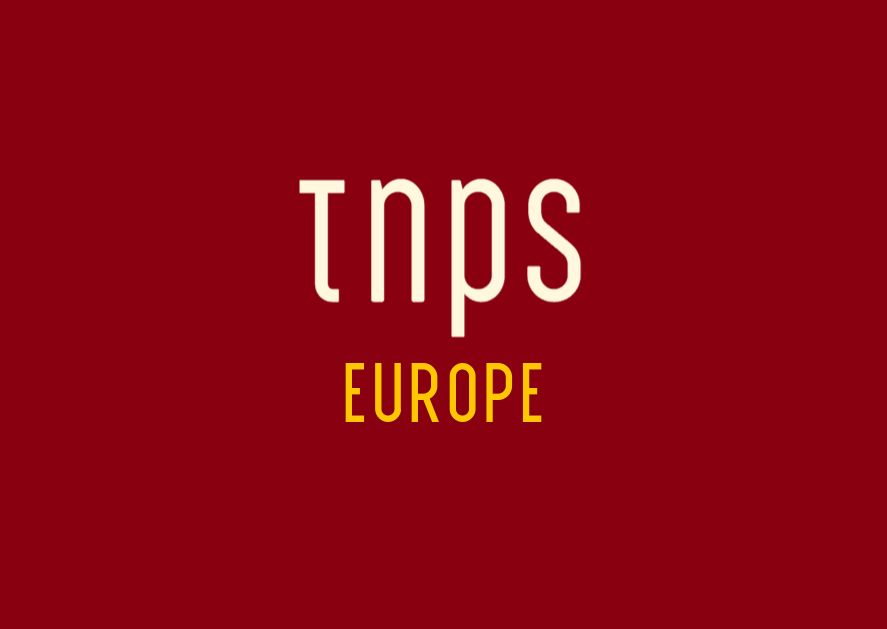Sweden’s book market is now some 60% digital, and it’s only the anticipated Christmas trade that is expected to keep print from the tipping point where the format’s economic viability comes into question, and with it the future of bookstores that rely on print sales.
The Storytel Interim Report January-September, published this week, has hit the headlines in some trade journals, although the Q3 figures generating so much excitement, along with the acquisitions list (Kitab Sawti, iCast, the Belgium launch, etc, are hardly news, having been announced – and covered here at TNPS – back in early October and prior.
As discussed here at TNPS in September, Sweden’s book market is now some 60% digital, and it’s only the anticipated Christmas trade that is expected to keep print from the tipping point where the format’s economic viability comes into question, and with it the future of bookstores that rely on print sales.
In his letter to shareholders for the Storytel Q3 Interim report CEO Jonas Tellander rammed home his belief that audiobooks alone would account for 50% of the Swedish fiction book market by year’s end.
It is my strong belief that audiobook sales will represent over 50% of the total fiction book sales in Sweden at the end of 2020. This development, on one of the most mature audiobook markets, certainly indicates that there is opportunity and excellent potential for both Storytel and publishers with a digital mindset to grow the global book market fuelled by the increasing popularity of audiobooks. This spurs and motivates us even more in our global expansion. The audiobook journey has only just begun.
Tellander of course has a vested interest in playing to the strengths of audiobooks, so it’s worth noting that many recent Storytel announcements have at least acknowledged ebooks as an important part of the Storytel mix.

Tellander’s focus on audiobooks is entirely understandable, but risks limiting Storytel’s long-term global expansion into emerging markets where publishers simply don’t have the means to produce quality audio at a cost low enough to be covered by the comparatively low subscription rates that will need to be charged.
Storytel India is a case in point. The unlimited Storytel option costs 299 rupees. That’s just $4 – which even allowing production costs in India will be lower than in Sweden still raises viability problems.
Well, perhaps not for India, with 560 million people online. The sheer volume of potential consumer engagement means this will be lucrative for Storytel. But this is not a viable strategy for smaller emerging markets where online engagement is low, and this reality is one Storytel will need to face in the not too distant future.
Ebooks of course have nowhere near the same production costs and can be comfortably offered at low subscription rates. And while Storytel plays its audiobook cards, other entrants to the field will not be sidelining ebooks in the way Storytel does.
We’ve already seen YouScribe push into the Africa book market with an ebook-focussed subscription service that is doing extraordinarily well, and we can expect other digital publishing players to step into the ebook vacuum, both in existing Storytel markets and in the markets Storytel has yet to reach.
To paraphrase Tellander, the digital book journey has only just begun





